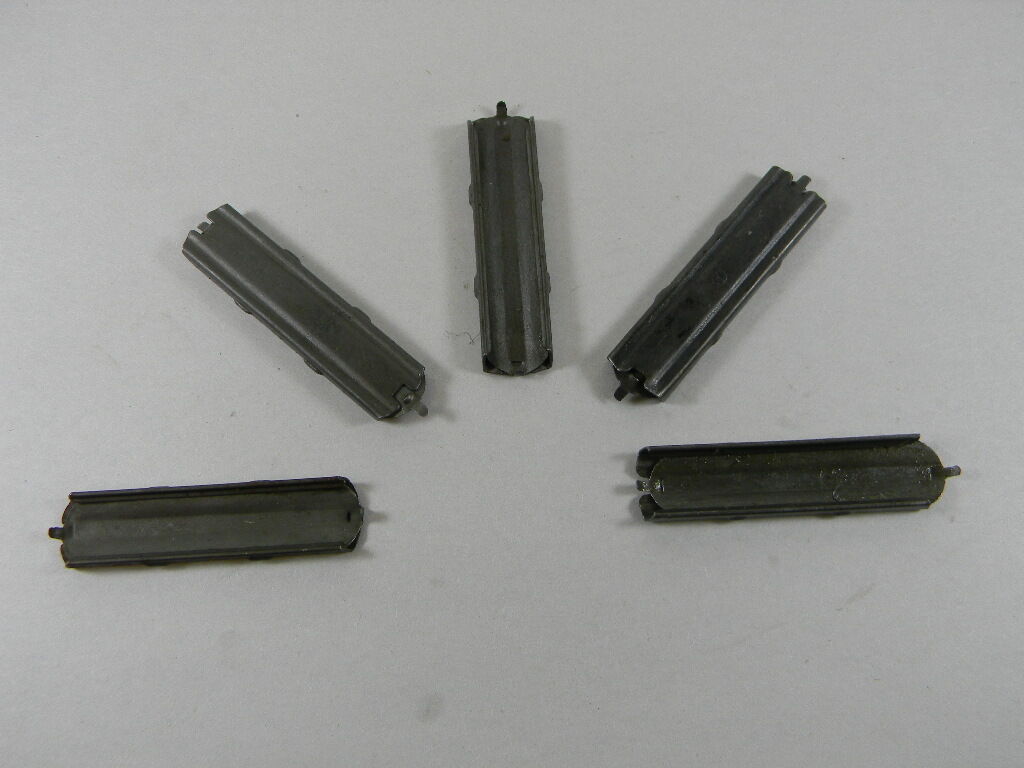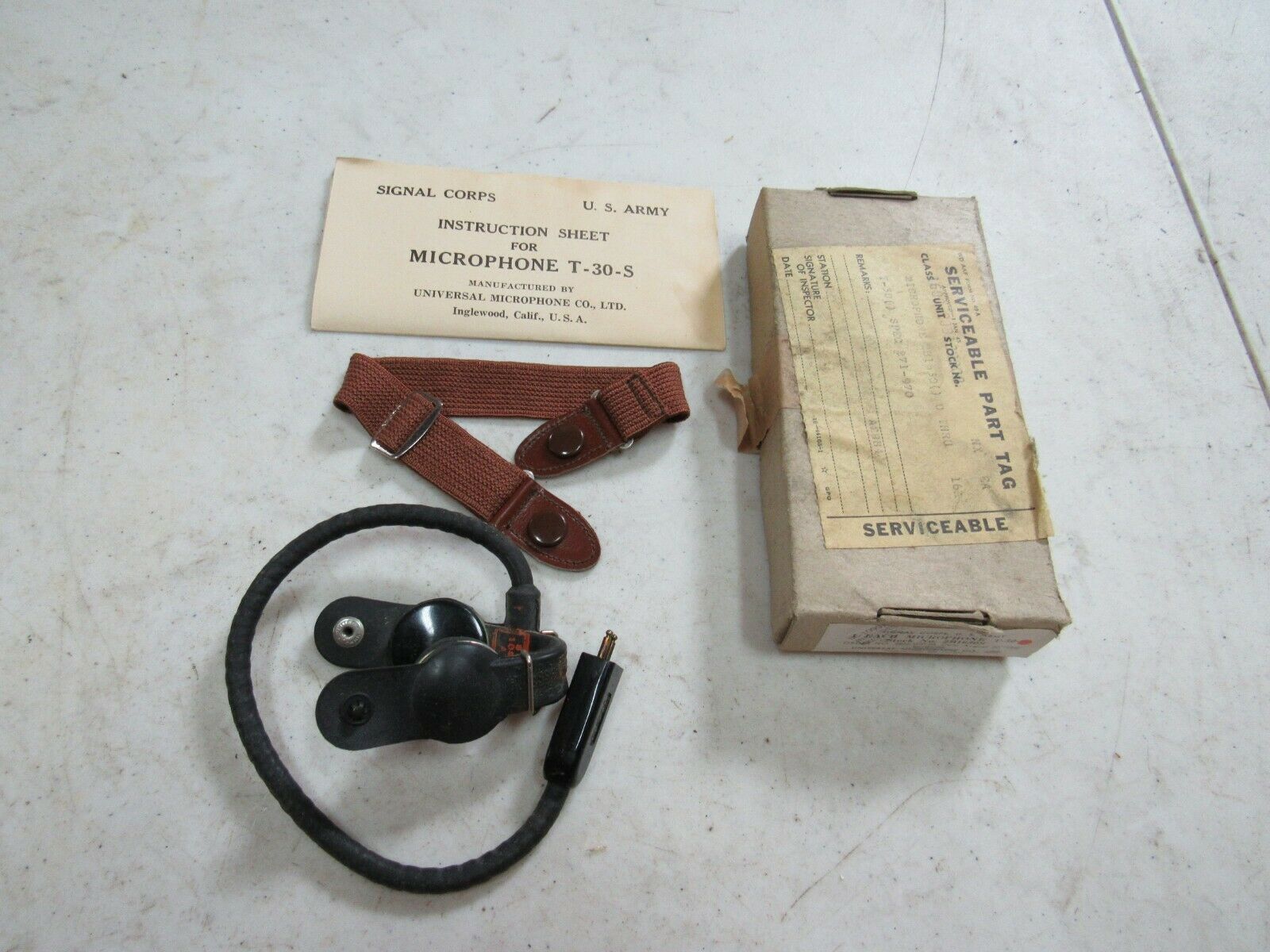-40%
June 14 1942 WWII Honolulu Stanley Johnston Reporter Leaked US Broke Japan Codes
$ 27.72
- Description
- Size Guide
Description
An no doubt historicalJune 14, 1942 WWII Honolulu Stanley Johnston, reporter for the Chicago Tribune newspaper
that wrote an article about the Battle of Midway (June 4-7, 1942) that
inadvertently
revealed the extent of American code-breaking
activities against the Japanese Imperial Navy at the Battle of Midway
. The US breaking of the Japanese codes helped greatly in the American win at the Battle of Midway were 4 of the 6 Japanese Carriers that had attacked Pearl Harbor on December 7, 1941 were sunk.
President Roosevelt the US Navy was very concerned that the Japanese military had found out about the code breaking
due to this newspaper article and tried to prosecute Johnston and others at the Tribune. Eventually they did not prosecute as there was concern of other possible leaks from a prosecution.
This telegram was
just 7 days after the Battle
and
was sent to the Managing Editor of the Honolulu Advertiser newspaper from the Chicago Tribune newspaper asking that Stanley Johnson’s Battle of the Pacific be found. This is very interesting and possibly very historic.
The telegram is 8 ½ x 7 inches in size. A 3/8 inch tear at the lower right edge and some corner creases. That said, overall the historical telegram is in overall nice condition.
Please see the other vintage items I have listed on eBay.
Thanks for looking.
Stanley Johnston
Stanley Johnston
(1900 – September 13, 1962) was an Australian-American journalist who, as a correspondent during World War II, wrote a
story for the
Chicago Tribune
that inadvertently revealed the extent of American code-breaking activities against the
Imperial Japanese Navy
(IJN). The story resulted in efforts by the United States government to prosecute Johnston and other
Chicago Tribune
journalists, an effort what remains the only time the
Espionage Act
was used against journalists in the United States. No indictment was returned, and grand jury proceedings were sealed until 2016.
[1]
War correspondent
[
Johnston was the only member of the press aboard
Lexington
when the aircraft carrier took part in the
Battle of the Coral Sea
in early May 1942. Following the sinking of the aircraft carrier in the battle Johnston was repatriated aboard the
USS
Barnett
with the
Lexington
's executive officer, Commander
Morton T. Seligman
. Seligman had access to naval communications. One general dispatch in late May dealt with American appreciations of Japanese naval movements in the weeks leading up to the June 1942
Battle of Midway
, that implied American foreknowledge of events. Johnston claimed he saw the dispatch, "a scrap of paper with doodling on it," which he threw away.
[3]
Johnston returned to Chicago and published 15 first-hand accounts of the events of the battle. He also wrote an account of the prelude to the Midway action that caused fears in the
United States Navy
that the Japanese would realize that their codes were broken.
[2]
Tribune
publisher
Robert R. McCormick
and President Franklin D. Roosevelt were longtime adversaries and the story infuriated Roosevelt. Secretary of the Navy
Frank Knox
pressed Attorney General
Francis Biddle
to prosecute Johnston and others at the
Tribune
for harm to national security under the
Espionage Act of 1917
.
[4]
A grand jury declined to indict, because revealing
enemy
secrets was not then an offence, and also because the Navy could not release evidence for fear of further compromise.
[5]
The grand jury testimony remained sealed for 75 years until it was released after successful court action by historians. In the meantime, Seligman was blamed by Navy investigators for the security breach, transferred to shore duty, and denied promotion.
[6]
The investigation was the only instance in which reporters were ever under threat of prosecution under the Espionage Act.
[3]
Johnston authored a book,
Queen of the Flat-Tops
, in 1942, that recounted his experiences aboard the USS
Lexington
.
After the war Johnston was a correspondent in Latin America for two years, then returned to Chicago to manage the
Tribune'
s promotions department. In 1955 he became manager of Robert McCormick's
Cantigny
estate.
[2]











